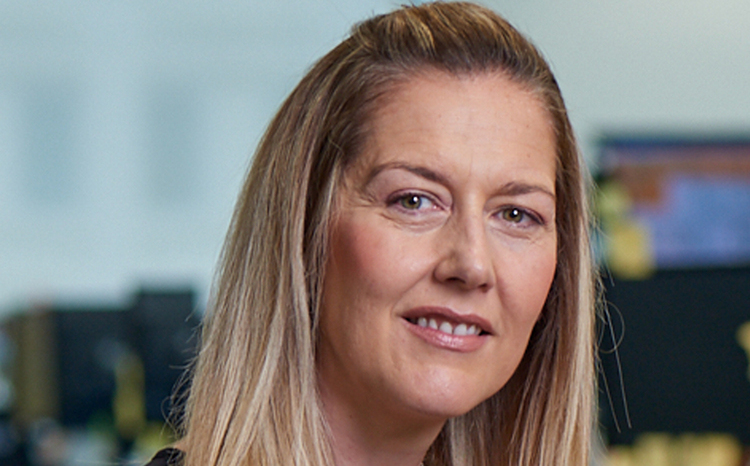Milton Keynes University Hospital signs 5-year deal with Sensyne Health
- 5 November 2020

Milton Keynes University Hospital NHS Foundation Trust has signed a five-year non-exclusive strategic research agreement with Sensyne Health.
The agreement will enable the ethical application of clinical AI research to improve patient care and accelerate research into new medicines.
All data supplied to Sensyne will be anonymised by Milton Keynes and the provision of the data will operate under an agreed Data Processing Protocol.
The trust will receive just over 1.4million ordinary shares in Sensyne Health, bringing the total share ownership held by NHS trusts in Sensyne to 10.86%.
On top of this, Milton Keynes will also receive an investment from Sensyne of up to £250,000 per year over the five-year term of the contract for specific investments in information technology to enable the curation and analysis of data under the agreement.
A royalty on revenues that are generated by Sensyne from the research undertaken as part of the agreement is also part of the deal. The financial return the trust receives from Sensyne will be reinvested back into the NHS to fund patient care.
With a dataset that covers 650,000 unique patient records, the agreement with Milton Keynes brings the combined total of anonymised data available for analysis by Sensyne to 4.5 million patients after the company signed agreements with Oxford University Hospitals NHS Foundation Trust, Chelsea and Westminster Hospitals NHS Foundation Trust, South Warwickshire NHS Foundation Trust, Wye Valley and George Eliot NHS trusts.
Lord Paul Drayson, chief executive of Sensyne Health, said: “We are delighted to be working with Milton Keynes in using anonymised patient data to improve patient care and accelerate the development of new medicines. SRAs are a fundamental part of Sensyne’s unique model – giving NHS Trusts equity, funding and the ability to share in revenues.
“Growing our access to anonymised patient data is key to our strategy. This new non-exclusive SRA moves us closer to our target of over 5 million unique patient records in the current financial year.”




